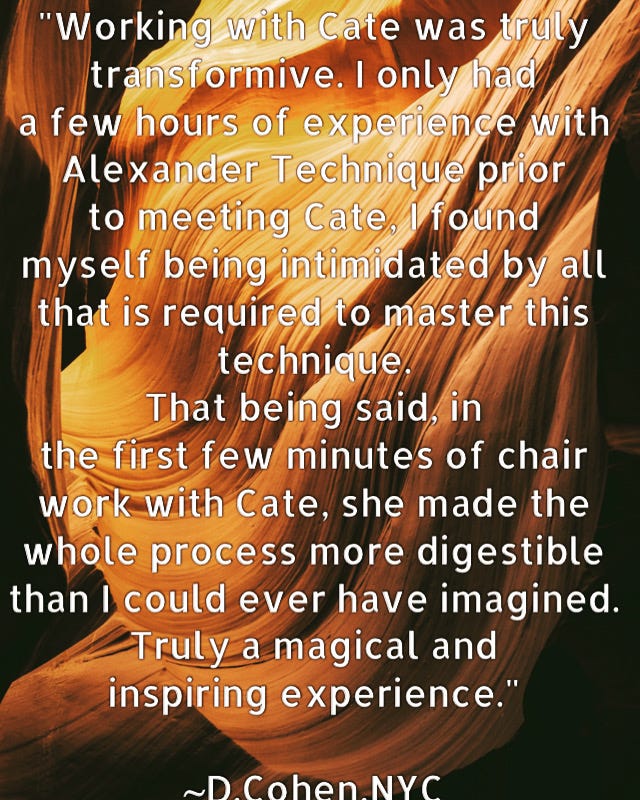Nothing Outweighs Experience

Nothing outweighs experience. Intellectualization often gets in the way of an experience. What we think we know about it, can get in the way of letting the experience speak for itself. This is a human habit.
When I encounter my habits, I understand the habits of all of us humans, as we are all the same animal, with beautiful variations of culture and language because of environmental differences. We all bleed red, suffer and misunderstand one another because of our individual experiences and interpretations of what we encounter as children, and then unconsciously drag with us into adulthood.
Intellectualization and attaching to only the idea of something, without letting a contrary experience bring that idea into question, is a ruling habit I see being played out in the world stage. Indeed it creates the world we live in every day! Having an experience that contradicts an idea one has about something is a moment that you can let change you, if it’s impactful enough perhaps, or deny it.
So many opportunities go right by us, simply because we aren’t going slowly enough to see them. That window of opportunity and allowing that window of opportunity is itself a practice, it is the pause, of not letting the habit run its neurological course. Simply stop and let the breath come in naturally and give your self time to question the habit and investigate further, before taking the habituated course of action — This can significantly improve how you create your reality.
One’s life usually has to get painful in someway to make one ask the question why your life is bringing you the pain it’s bringing you. An experience in the kind of Alexander lessons I give, is the preparation for such a practice to take into one’s life, to combat the supplanting of intellectualization over the experiential.
I have ‘failed’ enough in my 20’s through my 40’s to now recognize the deep habits that were set in my infancy, that affected efforts I’ve made over the years that either failed or teetered and failed or came out so distorted as to be unrecognizable of the original desire.
It is this practice of taking time to recognize and question, to inhibit and allow adjustments to happen, to see desire’s results begin to emerge into your reality — to recognize the pattern, experience the pain and let it go, accepting the message whatever it is. This is the healing process. It is real, it is embodied and it takes awareness to allow you to go deeper and further.
If we were not here to truly experience life, we wouldn’t be in a body! Body + experience are inseparable, except we manage to do exactly that! Therein is the challenge, to reclaim one’s delight in experience, to quiet the mind, and to get out of one’s head — re-open the ‘shut-downs’.
It is because we didn’t understand what was going on as a child that we stored these misunderstandings in our body, and overlaid an intellectual education overtop, allowing us to squelch the pains we didn’t understand, instead of letting them emerge and inform us, consciously.
While Alexander employs ‘thinking’ as a non-doing way of reaching the messaging to the muscles, it is not meant to further lock one into intellectualization; it is to establish a means of communication directly within the body. It is more of a focus of the consciousness, the shining of the light on a body part, bringing attention to messaging it directly, using the apparatus of the linear mind. The linear mind is like an app, but it has come to believe it is the Operating System! It isn’t.
It is a means whereby to communicate to others, and not the raison d’être! It tries to make you believe it is what you are, however, but what you are is underneath all the words, underneath all the habits, and underneath the intellectualizations.
You have to explore your Self to dis-cover that you are not what an intellectual education has told you that you are. I am speaking from experience — I offer a means of experiential self-discovery, a pathway of healing and doorway out of pain. I’ll leave you with a recently penned haiku:
What I’m Not
I know what I’m not,
that leaves what is, and that is
good enough for me.
